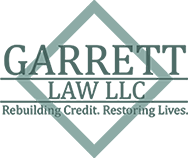Though there are several benefits to bankruptcy, the main reason people file is to get rid of their debts for good. There are many types of debts that can be discharged from the process, but not all debts are created equal. Below you’ll find a guide as to which debts can and cannot be discharged by filing under both Chapters 7 and 13 of the U.S. Bankruptcy Code.
Nondischargeable Debts
There are usually three reasons as to why a certain type of debt cannot be discharged under bankruptcy:
It simply cannot be discharged
- It cannot be discharged unless you are able to argue why it should be
- It cannot be discharged if a creditor successfully argues that it shouldn’t be
Here are some examples of debts that can never be discharged:
- Child support/alimony
- Criminal fines/penalties/restitutions
- Certain taxes
- Debts incurred while injuring/killing someone due to driving under the influence
The main form of debt that you must argue to be discharged is student loan debt, and you must prove to the court that you would reasonably not be able to repay that loan.
Debts that a creditor can successfully argue against include:
- Debts incurred from fraud
- Debts gained from willfully malicious acts
- Debts gained from embezzlement, larceny, and breach of fiduciary duty
- Debts or creditors that you did not include on your bankruptcy papers
Dischargeable Debts
Though there are several types of debts that cannot be discharged under bankruptcy, there are several more that can be, and these tend to be the more common types of debts that individuals hold.
The main debts that can be discharged under both Chapters 7 and 13 are:
- Credit card debts
- Medical bills
- Lawsuit judgments against you
- Most debts stemmed from car accidents
- Personal loans
- Promissory notes
- Obligations under leases and contracts
There are some debts, however, that can only be discharged while filing under Chapter 13:
- Marital debts arising from divorce (other than support debts)
- Court fees
- Condo, coop, HOA fees
- Debts from retirement plan loans
- Debts that cannot be discharged in a previous bankruptcy
Contact Our Topeka Bankruptcy Team Today
Here at Garrett Law, we understand the complexities of filing for bankruptcy, as well as the confusion it can cause. Our goal is to efficiently and effectively guide you through the bankruptcy process, to help you find your way to financial freedom.
If you have any questions about your debts, and if they are dischargeable, don’t hesitate to get in touch with today through our website, or give us a call at (888) 253-4526!

